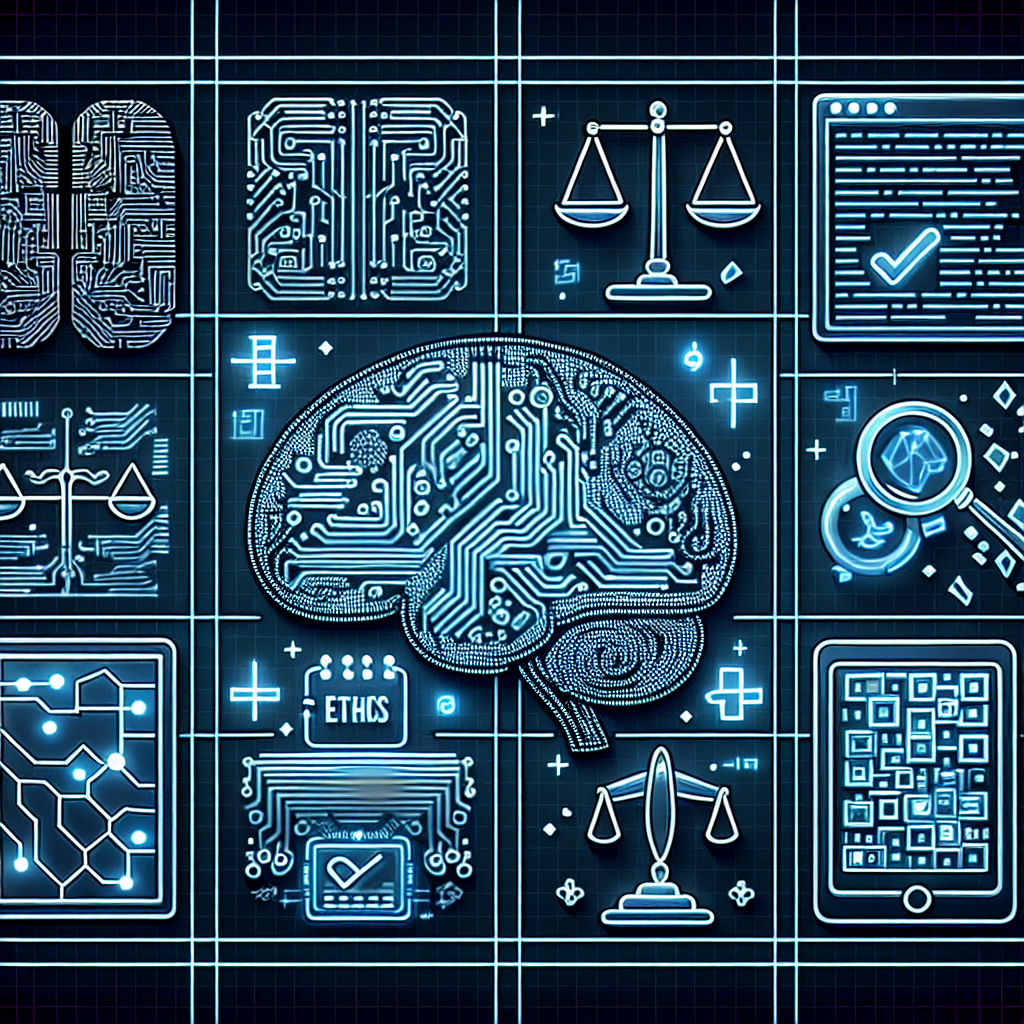The Ethics of AI-driven Recommendation Systems
In recent years, artificial intelligence (AI) has become increasingly prevalent in various aspects of our lives, including recommendation systems. These systems use algorithms to analyze data and provide personalized recommendations to users, such as suggesting movies to watch, products to buy, or articles to read. While AI-driven recommendation systems can be incredibly useful in helping users discover new content, there are ethical considerations that must be taken into account.
One of the main ethical concerns surrounding AI-driven recommendation systems is the potential for bias. Algorithms are only as good as the data they are trained on, and if that data is biased, the recommendations that the system provides can also be biased. For example, if a recommendation system is trained on data that disproportionately represents one demographic group, it may not provide accurate or diverse recommendations to users from other groups. This can lead to issues of discrimination and inequality in the recommendations that users receive.
Another ethical concern is the lack of transparency in how AI-driven recommendation systems make their decisions. Many recommendation systems use complex algorithms that are difficult for users to understand, making it challenging to know why a particular recommendation was made. This lack of transparency can lead to a lack of accountability for the recommendations that are provided, as users are unable to assess whether the system is making fair and unbiased recommendations.
Additionally, there are concerns about the impact of AI-driven recommendation systems on user privacy. These systems often collect large amounts of data about users in order to provide personalized recommendations, raising questions about how this data is stored and used. Users may be unaware of the extent to which their data is being collected and may not have control over how it is used, leading to concerns about privacy violations and data breaches.
Overall, the ethics of AI-driven recommendation systems are complex and multifaceted, requiring careful consideration of the potential risks and benefits. In order to ensure that these systems are used ethically, it is important for developers and policymakers to implement safeguards to prevent bias, increase transparency, and protect user privacy.
FAQs
Q: How can bias be prevented in AI-driven recommendation systems?
A: Bias can be prevented in AI-driven recommendation systems by ensuring that the data used to train the algorithms is diverse and representative of all demographic groups. Developers can also implement bias detection tools to identify and mitigate any biases that may be present in the data or algorithms.
Q: How can transparency be increased in AI-driven recommendation systems?
A: Transparency in AI-driven recommendation systems can be increased by providing users with information about how the system makes recommendations, including the factors that are taken into account and the data that is used. Developers can also implement explainable AI techniques to help users understand the reasoning behind the recommendations that are provided.
Q: What steps can be taken to protect user privacy in AI-driven recommendation systems?
A: To protect user privacy in AI-driven recommendation systems, developers can implement data minimization techniques to limit the amount of data that is collected and stored. They can also use encryption and other security measures to ensure that user data is protected from unauthorized access or use.
Q: How can users ensure that they are using AI-driven recommendation systems ethically?
A: Users can ensure that they are using AI-driven recommendation systems ethically by being aware of the data that is being collected about them and how it is being used. They can also advocate for transparency and accountability in the systems that they use, and be cautious about sharing personal information with recommendation systems that do not prioritize user privacy.

